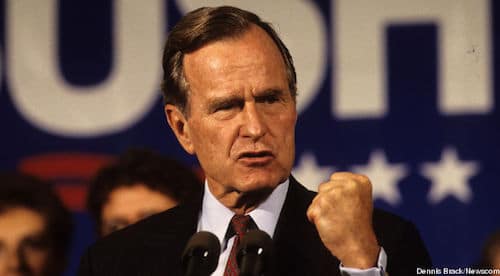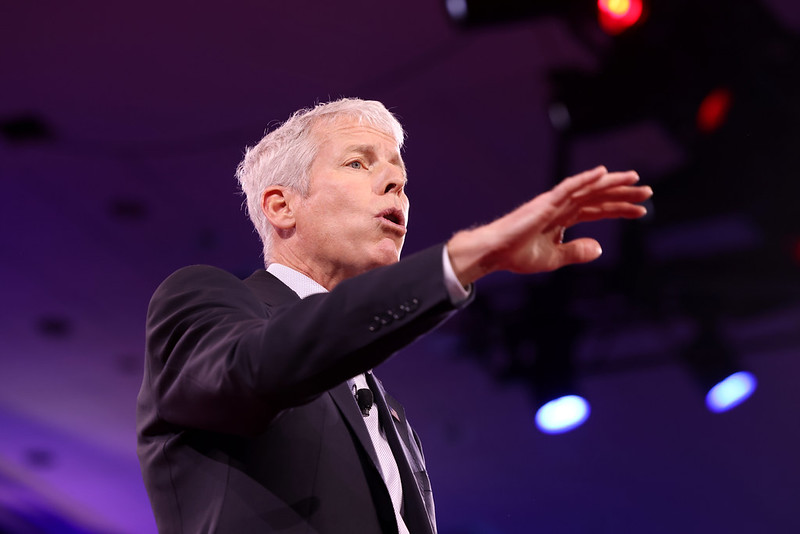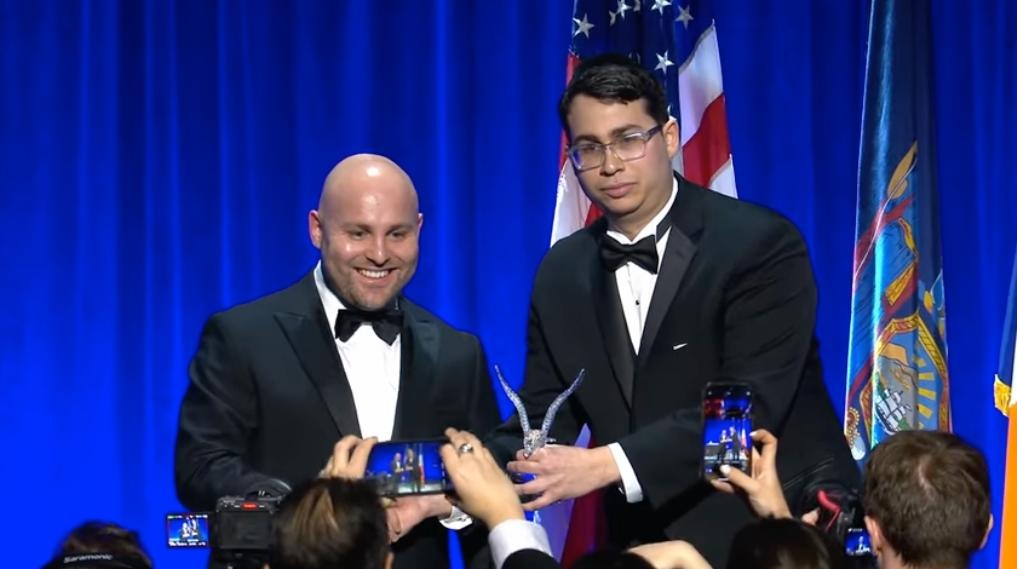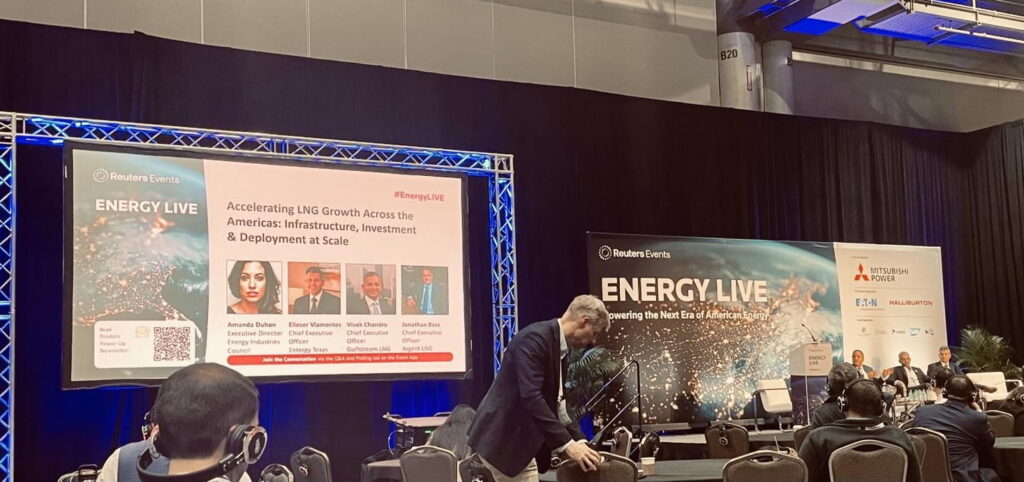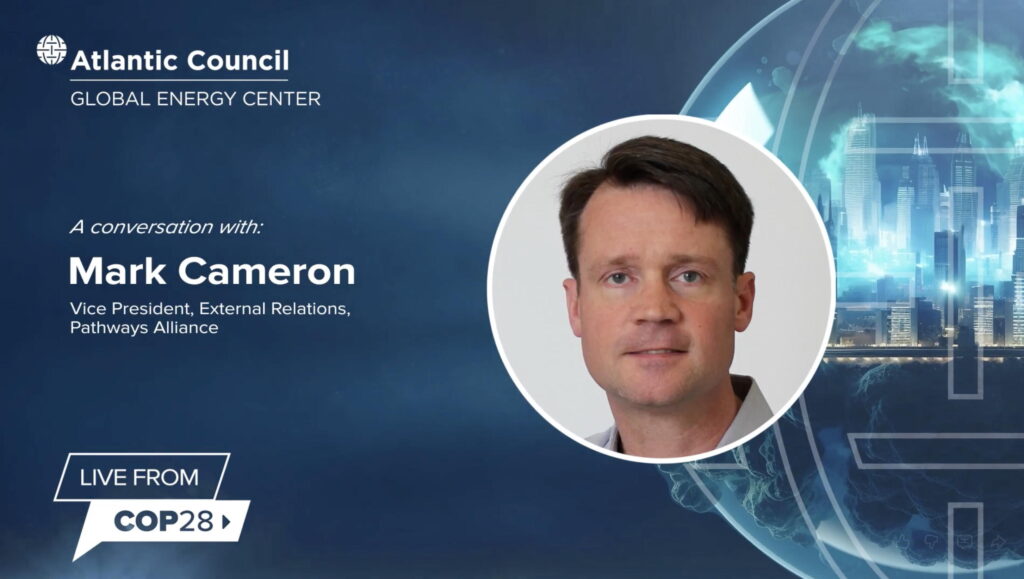The agreement that was hammered out in Paris at the recent climate talks will be a great step forward towards addressing the growing threat of climate change. But lost amongst the applause for the accord is a question that needs to be answered: Why did it take so long, and are we too late?
Two weeks ago, memos from the George H.W. Bush administration were released that detailed conversations between Bush Sr.’s cabinet members, where they discussed the growing threat of global climate change…27 years ago.
The Hill has posted parts of those conversations:
“Global climate change is the most far reaching environmental issue of our time,” a 1989 memo from Acting Assistant Secretary of State Richard J. Smith said. “If the climate change within the range of current predictions actually occurs, the consequences for every nation and every aspect of human activity will be profound.”
Writing to Secretary of State James Baker, Smith said, “As you yourself stated we cannot wait until all the uncertainties have been resolved before we act to limit greenhouse gas emissions and to prepare for whatever climate change we are already committed to.”
Those conversations took place over 27 years ago, and in the present day, leaders in the United States are still having debates about climate change. And not just about how to act, but we’ve regressed to the point that we are still debating whether or not the problem even exists.
But Bush Sr. was not the first Republican president to understanding the growing threat of climate change. The newly released memos also tell us that the problem was discussed among Ronald Reagan’s cabinet members.
These two Republicans were then followed by Democrat Bill Clinton (whose vice President, Al Gore, has been one of the leaders in the United States pushing for action on climate change), then by Republican George W. Bush, and finally by Democrat Barack Obama.
And it wasn’t until the summer of 2015 — more than 30 years after the first U.S. presidents were warned about the dangers of growing emissions — that we got our first real set of rules to reduce our carbon emissions in a meaningful way.
So why did it take so long when both Reagan and Bush Sr. were advised of the threats?
The memos shed some light on the fact that both men, and their respective advisors, were actually trying to accomplish something with regards to climate change action:
In connection with the Montreal Protocol (negotiated in 1987 and put into effect in 1989), both Reagan and Bush 41 showed a clear desire to tackle environmental concerns and to lead the global community in that effort, according to the documents. Protests by the Domestic Policy Council, led by Attorney General Edwin Meese, and other agency heads led Reagan to step in to ensure adoption of the final set of U.S. objectives for the treaty. Bush basically shared his predecessor’s views on entering office in January 1989.
Both presidents’ secretaries of state, George P. Shultz and James A. Baker III, played key roles in blocking efforts by other Cabinet secretaries to frustrate implementation of more environmentally friendly policies. For example, memos for senior State Department officials in today’s posting note that “Global climate change is the most far reaching environmental issue of our time” and that notwithstanding the need for continued research, “We simply cannot wait – the costs of inaction will be too high.”
Republicans have rightfully taken a lot of heat for their refusal to accept the science behind climate change, but clearly this wasn’t always the case.
Unfortunately, this new information only raises more questions than it answers. For example, Bush Sr. built on the success of Reagan’s Montreal accord, so why did Bill Clinton drop the ball?
George W. Bush’s father believed in climate change, so why did he refuse to acknowledge the threat until his last few years in office, and then he still refused to act? (He also pulled us out of the Kyoto Protocol.)
And most importantly, why did Barack Obama — the first president to address climate change in both campaigns and since taking office — take seven years to give us an emissions reduction rule?
We can blame obstruction from deniers or the influence of fossil fuel money all day long, and they do deserve a large share of the blame. But the politicians are not the main problem. The real problem lies with American voters. They are the ones who put science deniers in office, and they are the ones who are not demanding action.
Voters hold all of the power in the United States, and until they realize this, we will continue to get watered down safety standards that pay lip service to the problem while the planet continues to burn.
Subscribe to our newsletter
Stay up to date with DeSmog news and alerts


